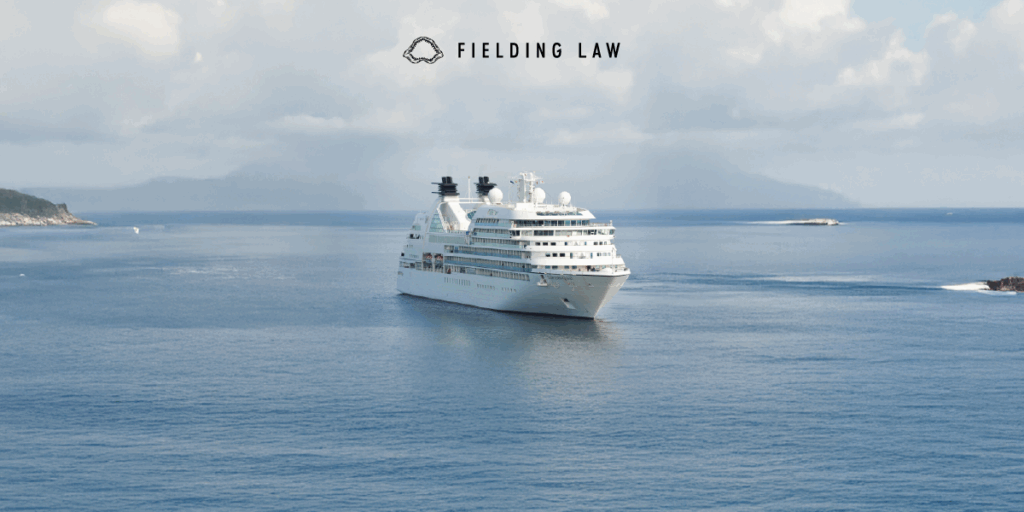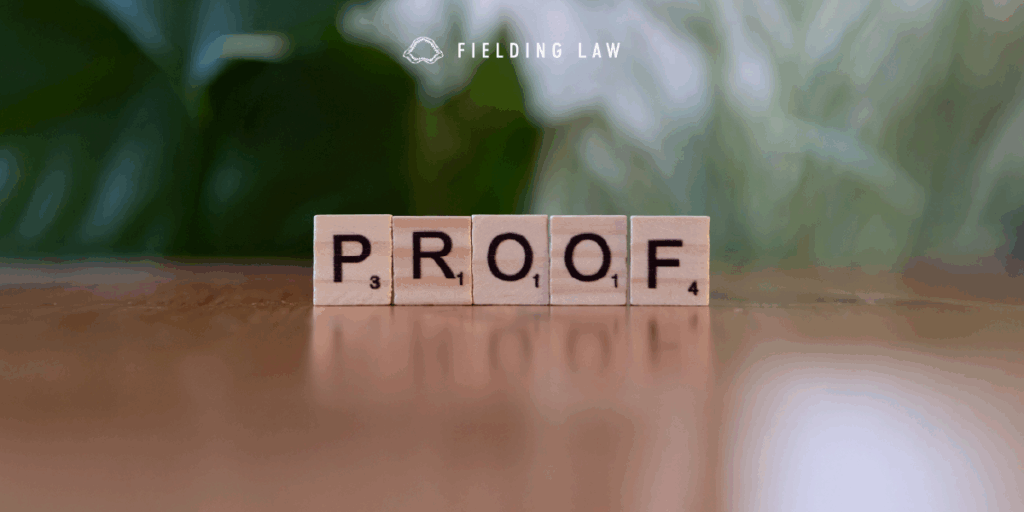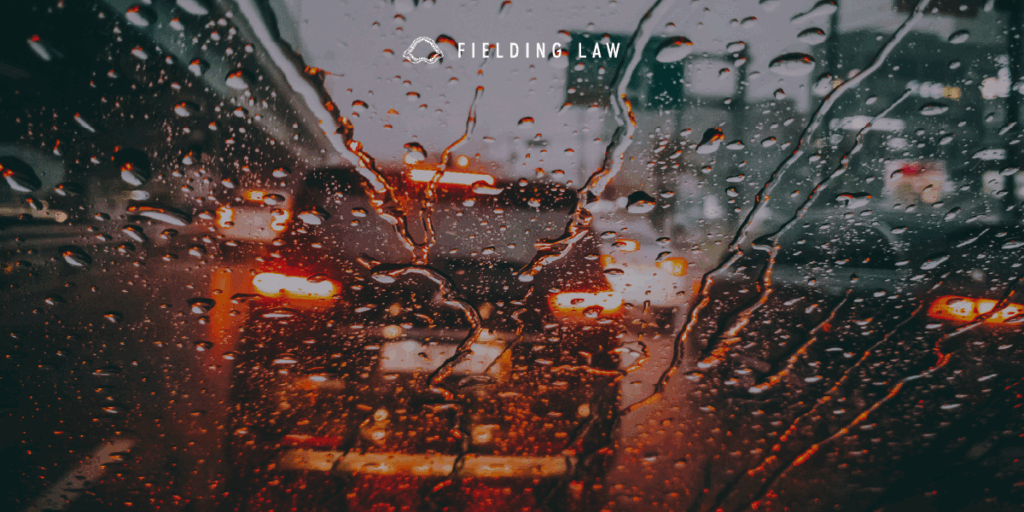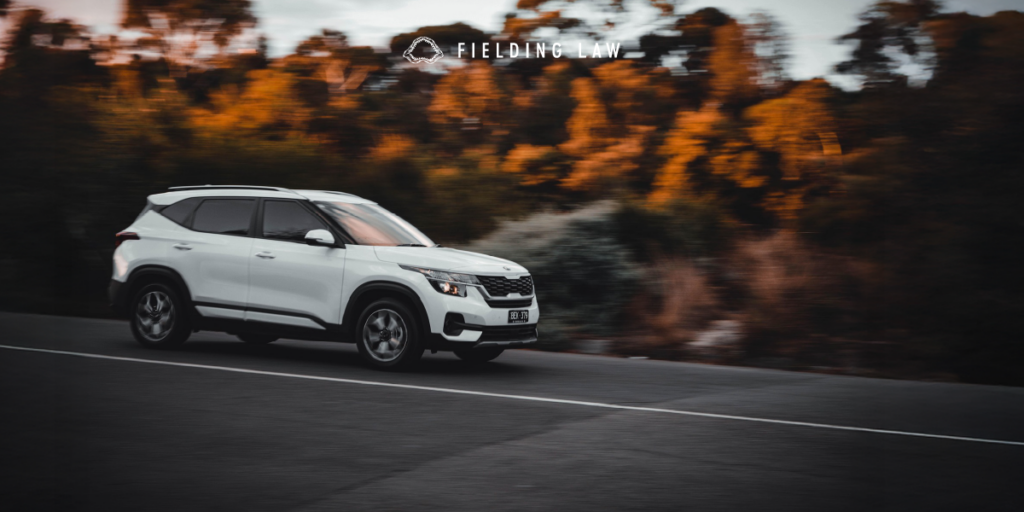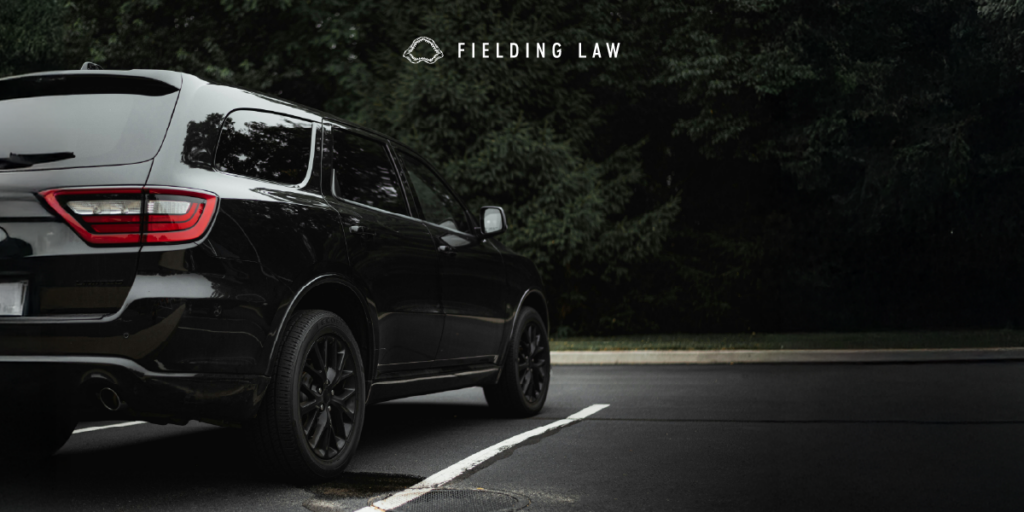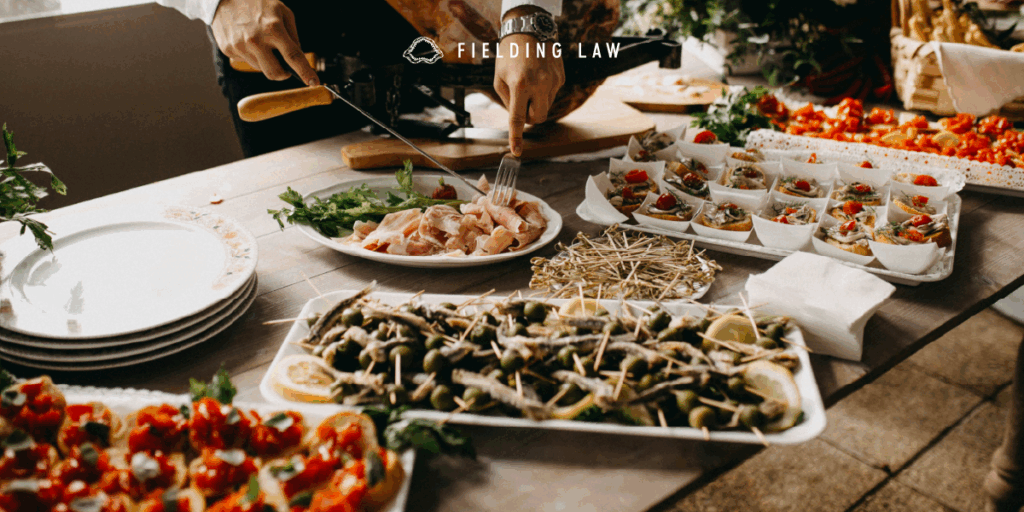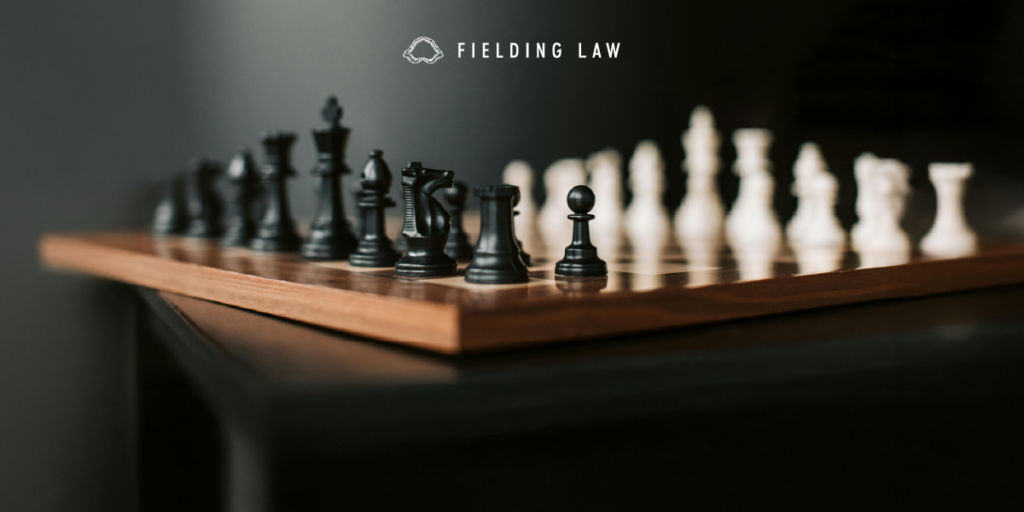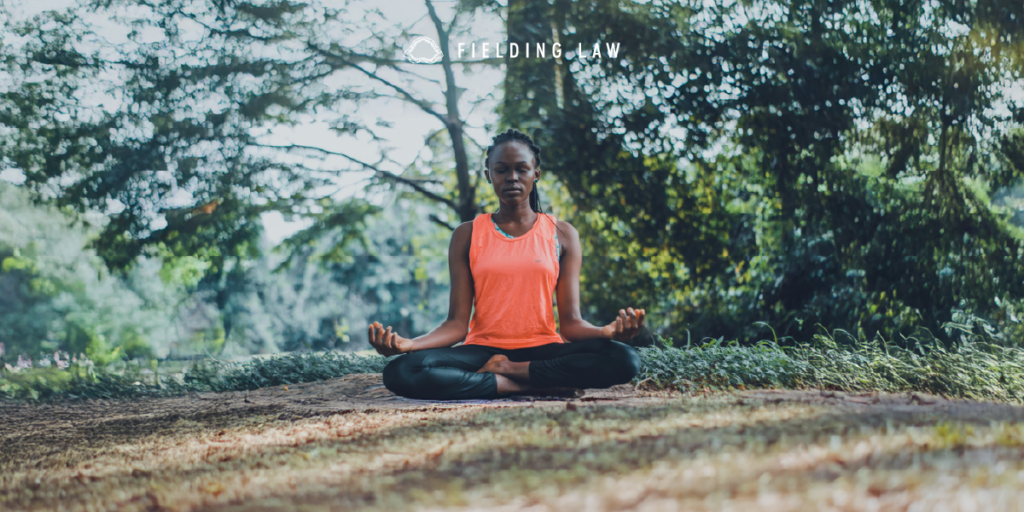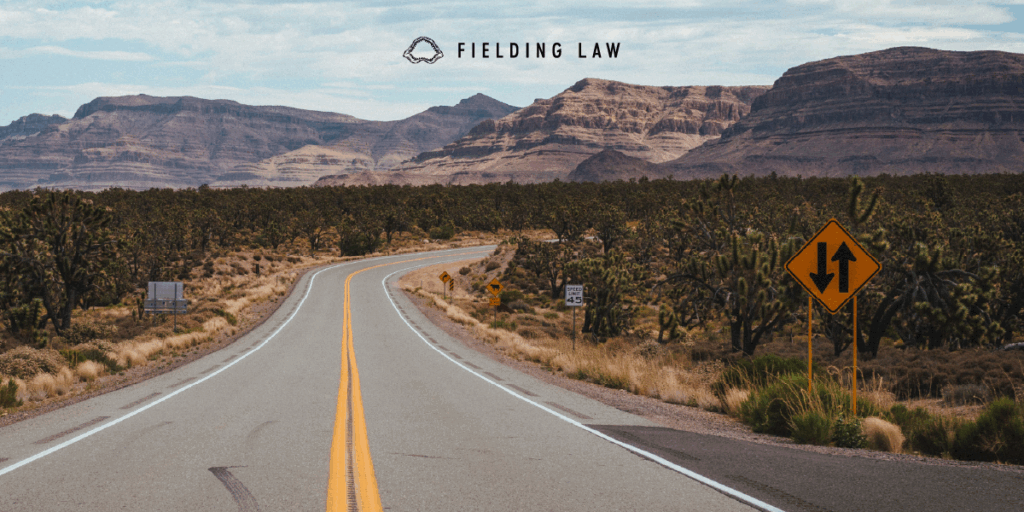
Arizona offers wide open roads and beautiful views, but rural highways can be some of the most dangerous places to drive. High speed rural highway accidents occur often on Interstate 17, Interstate 40, and the many two lane routes that run through smaller Arizona communities. These roads may look calm, but they regularly see severe collisions that change lives in an instant.
Interstates Through Remote Areas
Interstate 17 and Interstate 40 carry heavy traffic through long stretches with limited lighting, changing elevations, and shifting weather. When drivers travel at high speeds through these conditions, the risk of a serious crash increases. Sudden slowdowns, wildlife crossings, and impatient passing behavior can quickly create hazards.
Limited Barriers and Narrow Shoulders
Many rural areas lack wide shoulders or protective barriers. If a driver overcorrects or drifts out of a lane, the vehicle may leave the roadway or collide with another vehicle. These crashes often lead to rollovers and severe injuries because there is little room for error.
Dangers of Two Lane Highways
Arizona has many two lane highways that stretch through quiet desert or forest regions. These routes often allow high speeds but offer no physical separation between directions of travel. Head on collisions remain common. Passing zones may be unclear, sight lines may be limited, and some drivers make unsafe passing attempts.
Weather and Visibility Challenges
Interstates 17 and 40 both pass through areas that experience snow, fog, dust storms, and heavy rain. Sudden weather changes can reduce visibility and cause drivers to lose control. Rural two lane roads are even more vulnerable since they have fewer safety features and less traffic to alert others to conditions ahead.
How These Collisions Affect Victims
High speed rural highway accidents often involve severe injuries such as traumatic brain injuries, spinal harm, broken bones, or wrongful death. Victims may face long medical treatments and overwhelming financial stress. When a driver or company acts carelessly, the injured person may file a personal injury claim to recover damages.
Why Hire Fielding Law
Severe crashes require a team that understands how rural highway collisions happen and how to build a strong claim. Fielding Law provides compassionate, capable support for injured clients in Arizona and California. The firm focuses on ethical and effective representation and works to help clients move forward with confidence. If you need guidance, contact Fielding Law or call 833.88.SHARK.
If you or a loved one has been hurt in a crash on Interstate 17, Interstate 40, or any rural two lane highway, you may benefit from speaking with a bicycle accident lawyer who understands the unique risks of open road travel. Fielding Law is ready to help.
Note: Information provided is for educational purposes and does not constitute legal advice. Always consult with a qualified attorney for legal concerns.
